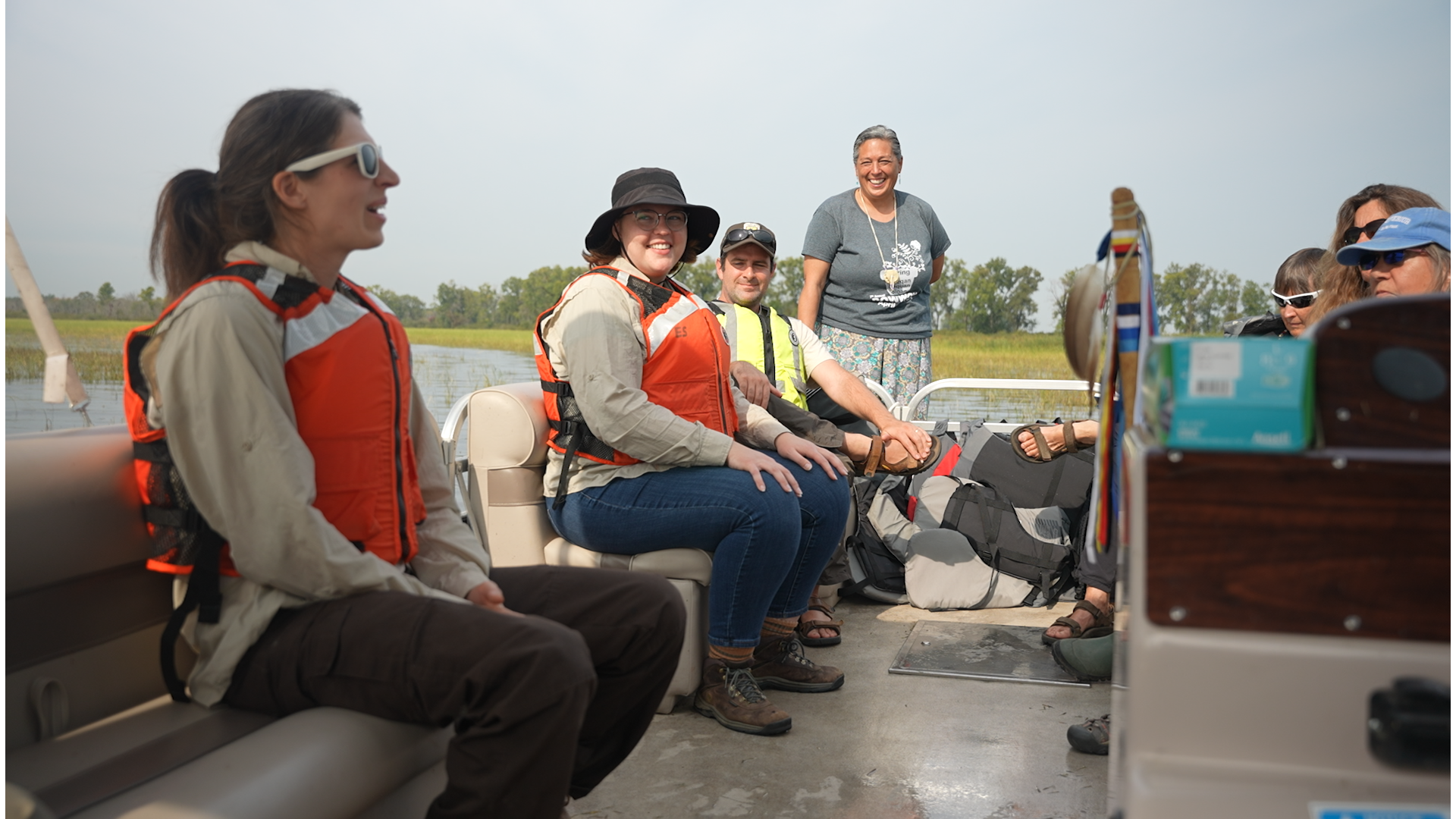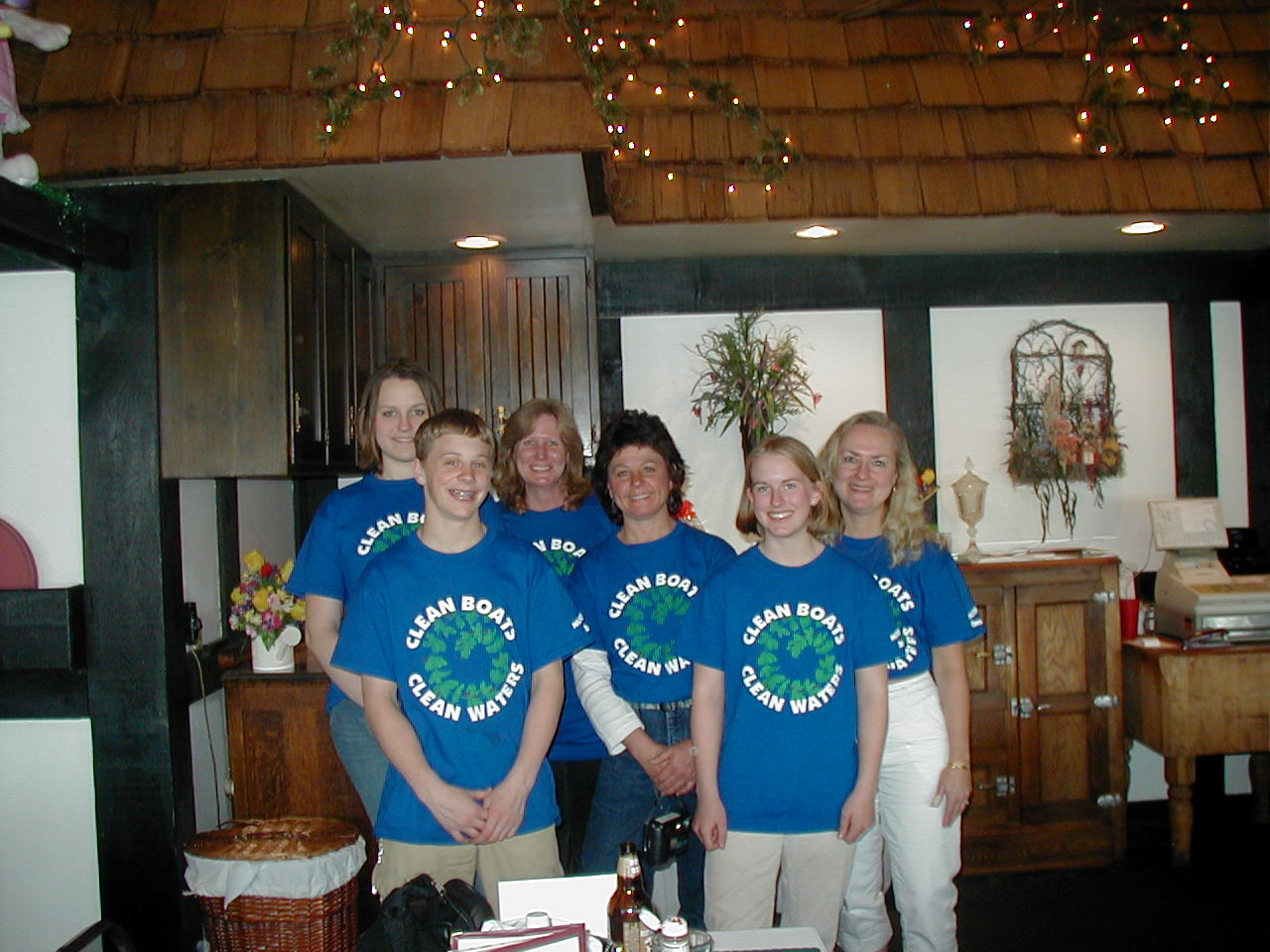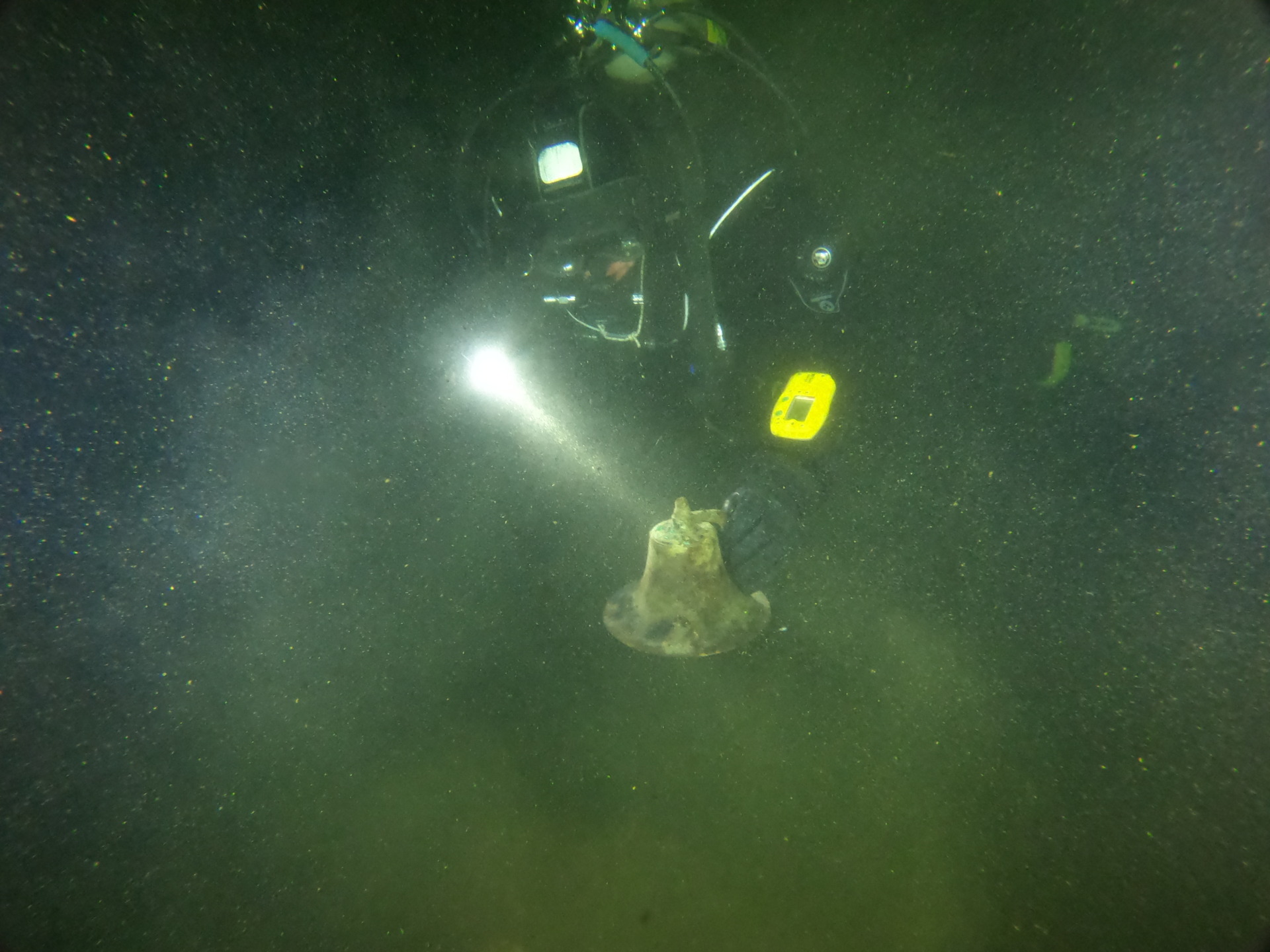A report published recently by Wisconsin Sea Grant cites a lack of housing as a major barrier to development of nature-based jobs in Wisconsin’s northern tier. This includes Douglas, Ashland, Bayfield and Iron counties.

Lind Reid, owner and principal consultant with Water 365 LLC. Submitted photo.
“I like to think of this as our Forest Gump project because, ‘Life is like a box of chocolates. You never know what you’ll get,’” said Linda Reid, owner and principal consultant with Water 365 LLC, which prepared the report along with Birchline Planning LLC. “Housing supply, housing availability, housing quality and housing costs all rose to the top as key issues for nature-based solutions and green infrastructure implementation challenges. That wasn’t something that was planned.”
The report, titled, “Workforce Needs for Nature-Based Solutions in Wisconsin’s Northern Tier,” is available for free download. The report’s findings were discussed last month during a webinar, “What Does Housing Have to do With Green Infrastructure? Workforce Needs in Northern Wisconsin.”
Reid described the topics they focused on during their interviews with people across the northern region. “We were looking at wetland restoration, urban and rural stream restoration, floodplain restoration, coastal restoration, landscape area restoration, and maintenance and culvert replacement as some of the key topics,” she said.
Three of the people interviewed for the report participated in the webinar. These included Alex Faber, executive director, Superior Rivers Watershed Association; Sara Hudson, director, city of Ashland Parks and Recreation; and Philomena Kebec, economic development coordinator, Bad River Band of Lake Superior Chippewa.
Hudson concurred with the report’s findings about housing. “We definitely have a housing shortage here in Ashland. The houses that are on the market need a lot of work and so most people can’t afford to buy a house in order to fix it up to where you’d want to live there,” she said.
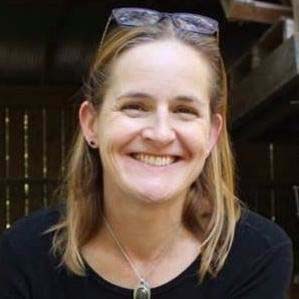
Juli Beth Hinds, principal at Birchline Planning LLC. Submitted photo
Juli Beth Hinds, another report author and principal at Birchline Planning, added, “It’s not economical to renovate properties that are in pretty poor condition because the market for resale just isn’t high enough yet. In other words, one of the flipping shows from HGTV is not coming soon to Washburn or Ashland. Those economics aren’t working and they’re working against the region.”
Hinds also said short-term summer rentals take many homes off the market due to the area’s tourism economy.
In addition to the housing issue, the report found strong capacity, interest and strengths in the region that support use of nature-based solutions.
“Overall, the region’s public, private, educational and nonprofit leaders have an exceptional understanding of nature-based solutions and green infrastructure practices,” said Natalie Chin, Wisconsin Sea Grant’s climate and tourism outreach specialist who commissioned the report. “However, the region is held back by the sheer lack of people available to carry out this work. Also, communities need more capacity when it comes to project management. Writing grants and executing them is a full-time job just by itself for these types of projects.”
Providing employment programs for people emerging from incarceration and addiction was cited as one possible solution to green infrastructure project employment needs during the webinar.
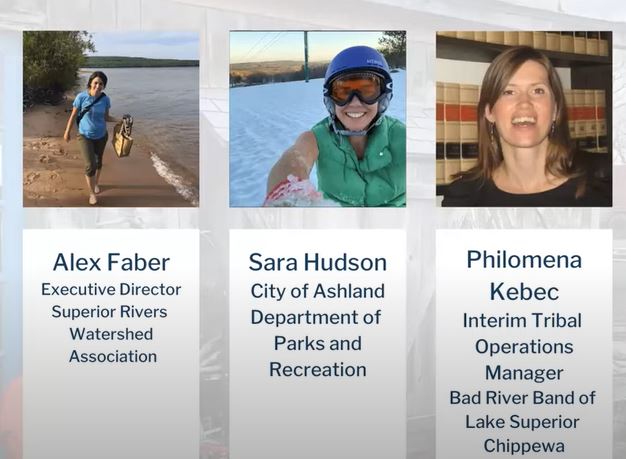
The nature-based jobs webinar panelists. Image credit: Wisconsin Sea Grant
“There is a lack of medication-assisted treatment here. There’s a lack of support services for reintegration. That could also be a big piece in building up capacity to do nature-based solutions and build more community resilience,” Hinds said.
Kebec said the Bad River Tribe is also focused on supportive employment opportunities for people battling addiction.
Hinds concluded, “We need the environmental community’s voice in the dialogue around housing supply, around the problems of Wisconsin municipal levy limits, around addiction and incarceration and around community vitality. Often, these aren’t seen as environmental resilience issues, but they absolutely are.”
As next steps, this report recommends that Wisconsin Sea Grant and its regional partners consider options to build grant and project management capacity, address the regional housing shortage, work toward legislative reform and facilitate training that will support specific needs in the northern tier around nature-based solutions. Case studies of efforts in other rural regions are provided to illustrate successful strategies from other areas.
For more information, watch a video of the webinar on YouTube.



